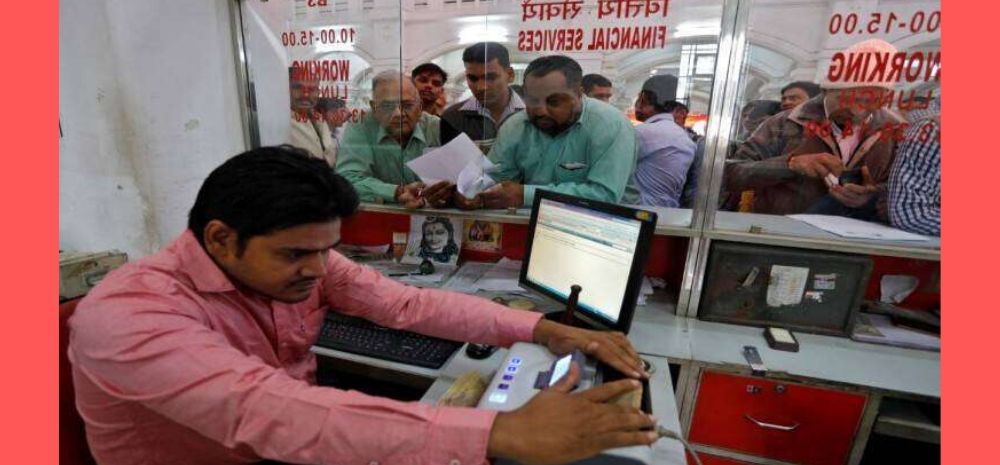3 Reasons Why Privatization Of PSU Banks Is Urgently Needed In India (Opinion)

With news gushing in from every direction and with perspective about the privatization of Public Sector Banks (PSBs) gaining more and more traction, everyone has viewpoint about what privatization could do to the banking sector, especially as when there’s public money involved.
So today, we will try to illuminate the current scenario of banking markets and why privatization could indeed be the saving spree for public sector banks, in today’s time.
Current Scenario of Banking Sector
Despite trying to maintain a stable stand amidst the strong current of the Covid-19 pandemic, the banking industry, particularly the PSBs are highly vulnerable to monetary and economic risks.
Now we would like to highlight the points which have arose due to the pandemic situation and the moratorium decisions.
According to the most recent Financial Stability Report by RBI,
- Under a baseline scenario the Gross Non-Performing Assets (NPA) of banks are anticipated to shoot up from 8.5% in March 2020 to 12.5% until March 2021.
- The numbers are worse considering severe stress scenario. The GNPA is expected to shoot up from 8.5% to 14.7%, for the same period.
Speaking of Public Sector Banks,
- The GNPA can shoot up from 11.3% to 15.2 per%, under the baseline scenario, from Mar 2020 to Mar 2021, while
- The same under the severe stress scenario could spur to 16.3% in the same period for severe stress scenario.
So, why is Privatisation Needed?
We have covered every detail and piece on privatisation of public sector banks in India.
As per the finance ministry and RBI’s proposal, 51% of government’s stake in 6 PSBs will be cut in the next 12-18 months.
Even though it seems hard to look at, privatising these banks has their own benefits.
- Having private ownership of banks will bring changes in structuring incentives and accountability.
- This will give public banks the much needed push towards formulating more effective supervision and regulation, bringing into picture, a sense of market discipline.
- Big economic events like demonetization and bank mergers brought a lot of uncertainty and changes with them.
- Consequently, to pay off their gross NPAs, the banks have to drain in their profits. Due to events like these, the government is busy flooding in taxpayers’ money for the purpose of re-capitalisation, every now and then.
- Then there is this global pandemic, which has brought all the economic activities to a standstill.
- Due to this, there is no loan offtake, heightened security concerns, disruptions in supply chain and high fiscal imbalances resulting due to decreased revenues.

Comments are closed, but trackbacks and pingbacks are open.